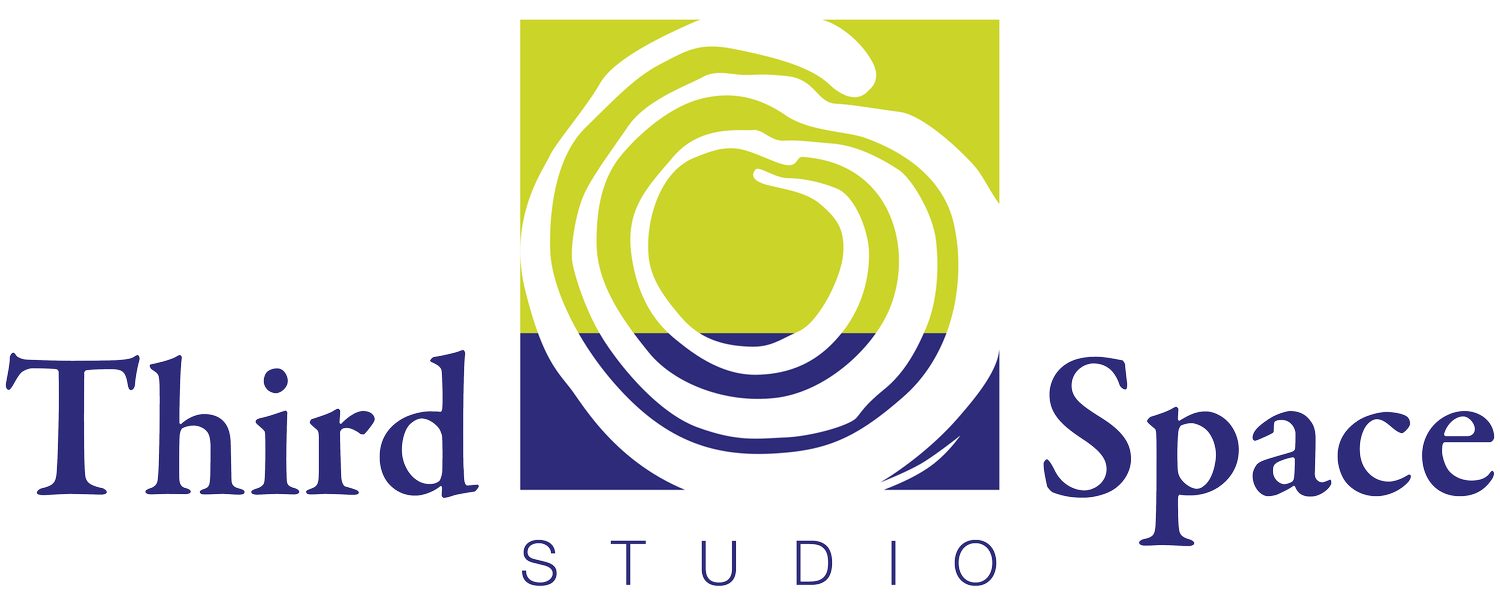Meetings Are Expensive
Those of us work in organizations spend a lot of our time in meetings. They compete for time on our calendar.
Sometimes the time is well spent. We leave the meeting energized with a clear sense of direction or new understanding. We appreciate our teammates and feel a part of a dynamic organizational culture.
More often that not, the investment of our time and energy in a meeting is frittered away. The meeting is unproductive and we leave with our energy drained and our relationships frayed.
The investment of time and energy also has a financial cost. Think about a recent meeting – especially one that frequently happens in your organization. Perhaps it is your weekly staff meeting. How many people were at the meeting? How long did the meeting last? Now, multiple those two numbers together to get the total number of people hours. If ten people were in the meeting for a total of two hours, the total is 20 people hours.
Now, let’s figure out how much an hour of time costs in your organization. What’s the average salary (you don’t need an exact number, an approximation will do and add about 25% for benefits)? Let’s assume its $75,000 including benefits (we won’t even include the costs of office space and equipment). Now, let’s divide that by the number of work hours in a year (typically 1840 hours after deducting time for vacation and holidays). So that means the rough costs of an hour of time in your organization is $40.76.
A total investment of 20 people hours at $40.76 per hour equals a cost of $815.20. Did that recent meeting achieve a value of $815.20?
If the answer is yes, your meetings are probably pretty good. They have a clear purpose and the process is designed to achieve the desired outcomes. Everyone is engaged and had sufficient opportunity to contribute their perspective and strengths.
If the outcomes of the meeting were not worth the investment of staff time, your meetings could be better. A meeting has a high probability of being worth the time, if:
There’s a clear and significant purpose, or desired outcomes, for gathering a specific group of people.
Each of the participants knows why they are at the meeting and has something to contribute
Someone has put some time and energy into thinking about possible ways to move the group through the conversation to achieve the desired outcomes.
Enough time has been allocated for the work that needs to be done.
Someone has taken on the role of orchestrating the conversation and is willing to manage the flow and balance of participation.
We believe that meetings are important – they are the place where ideas are generated, strategies are designed, plans are put into action. They are the place where big bold decisions are made. Meetings are the drivers of organizational culture and a foundation of effective teamwork.
If your meetings could be better, check out our Better Meetings e-course. You’ll learn how to articulate desired outcomes and design a process that achieves those outcomes. You’ll also learn how to facilitate the meeting and manage challenging personalities.
We want your meetings to be worth the investment of time, energy, and dollars.
